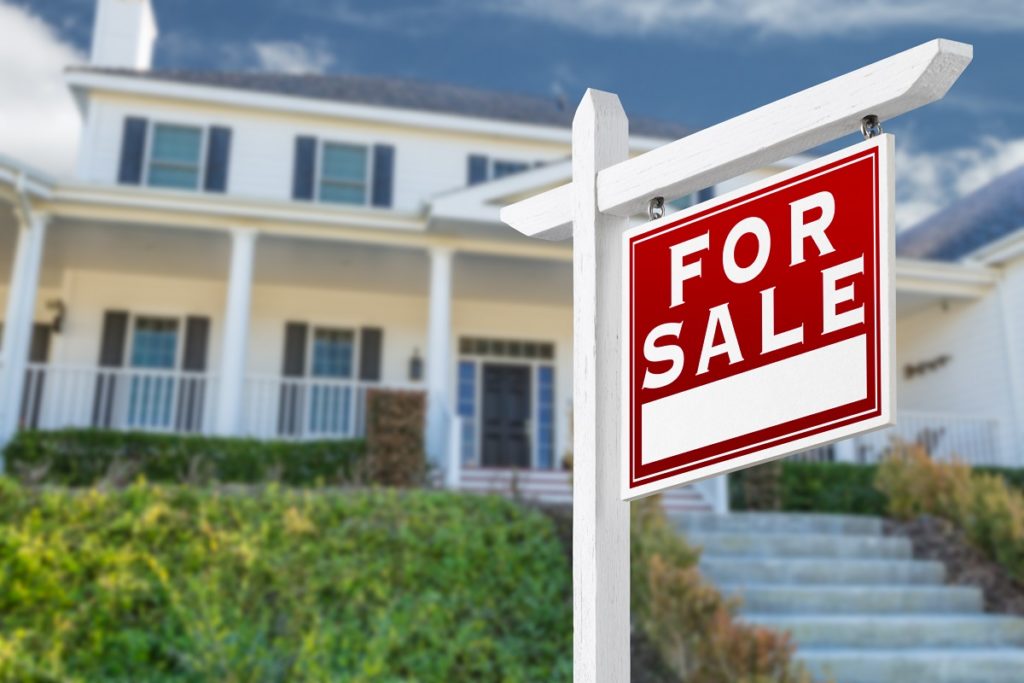We often hear the mantra “location, location, location” in every housing advice we read online. What they presented so far is that one must consider location before buying a house. But what makes up a good location?
Your idea of a good location may be different from another person’s perspective. But when it comes to the value of a home, the following factors determine what a good location truly is.
Neighbourhood
Remember this: a good location provides a great neighbourhood. And by great neighbourhood, we mean having these key factors: accessibility, amenities, and appearance.
- Accessibility. Commuting is an essential part of our lives. That’s why your location must be connected to major routes and close to available public transport. For instance, a decent house and land packages in Melbourne West should have easy road connections and even have its train station.
- Amenities. Driving 15-20 minutes to the grocery can become a frustrating task, so important amenities must be close to your location. This includes schools, hospitals, restaurants, and gyms.
- Appearance. Green spaces are desirable in suburban areas for several reasons. One, they provide homeowners with a place for physical activities. Whether they want to walk, jog, or bike, it’s their go-to place to do these activities. Second, a relaxation place is crucial in the middle of a busy city, and parks and gardens offer just that. Lastly, trees filter out pollution in your area, and they play a role in cooling the city.
Future development
Look beyond what is currently available in the neighbourhood. Be inquisitive and find out what are the local government’s construction plans in the area. Plans for new schools, public transportation, medical facilities, and public infrastructures can significantly improve the value of properties in a certain location. The same goes for commercial developments. However, while these can be good for the growth of the neighbourhood, watch out for projects that will take years to complete. You don’t want unsightly construction sites greeting you every morning that can also be a hazard to your health.
Actual location

Where is the house exactly built? Is it in near busy roads or next to a commercial property, say, a gas station? Then, you are more likely to buy it at a lower price. However, properties that are located in areas where there is an unusual amount of traffic, such as commercial centres, can be more difficult to sell in the future. Meanwhile, you can buy a house in sprawling cities for a higher price, but their value tends to decline because of population growth in such areas severely. This goes to show the location of the property has a direct impact on the property’s value.
Location, location, location—the next time you’re considering to buy a property, don’t forget to consider its location. Find a great neighbourhood that offers all key factors, check out for future developments, and assess the location’s standing. With the factors mentioned above, you’ll be able to know if a location is good enough to buy or pass. Choose your location wisely.

